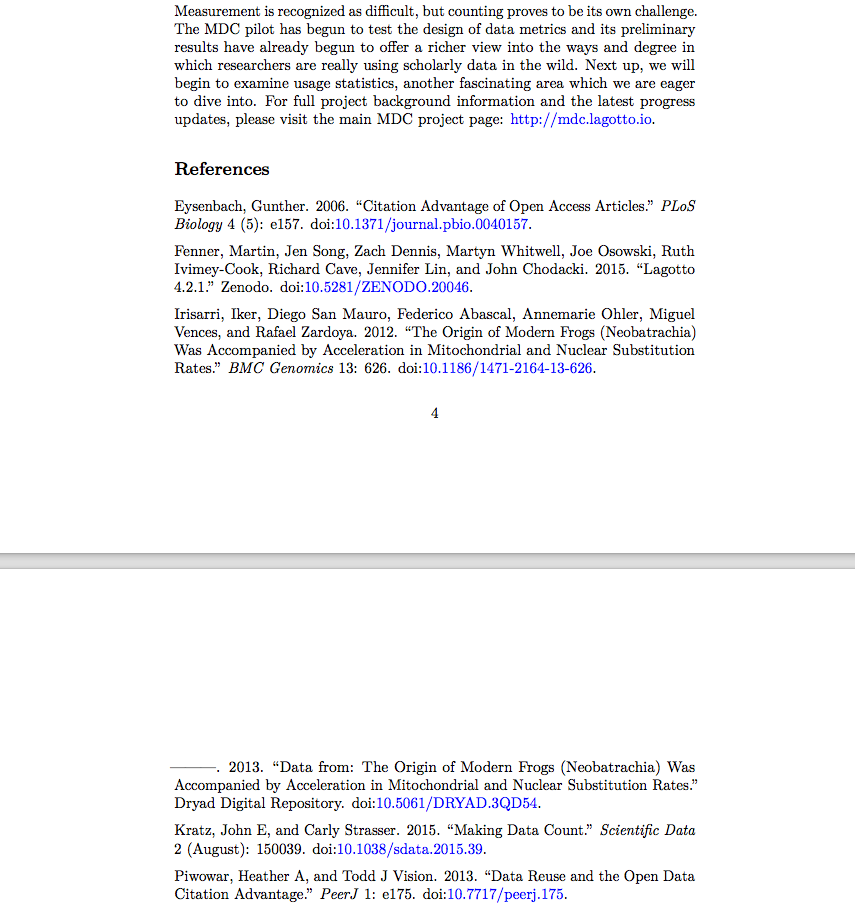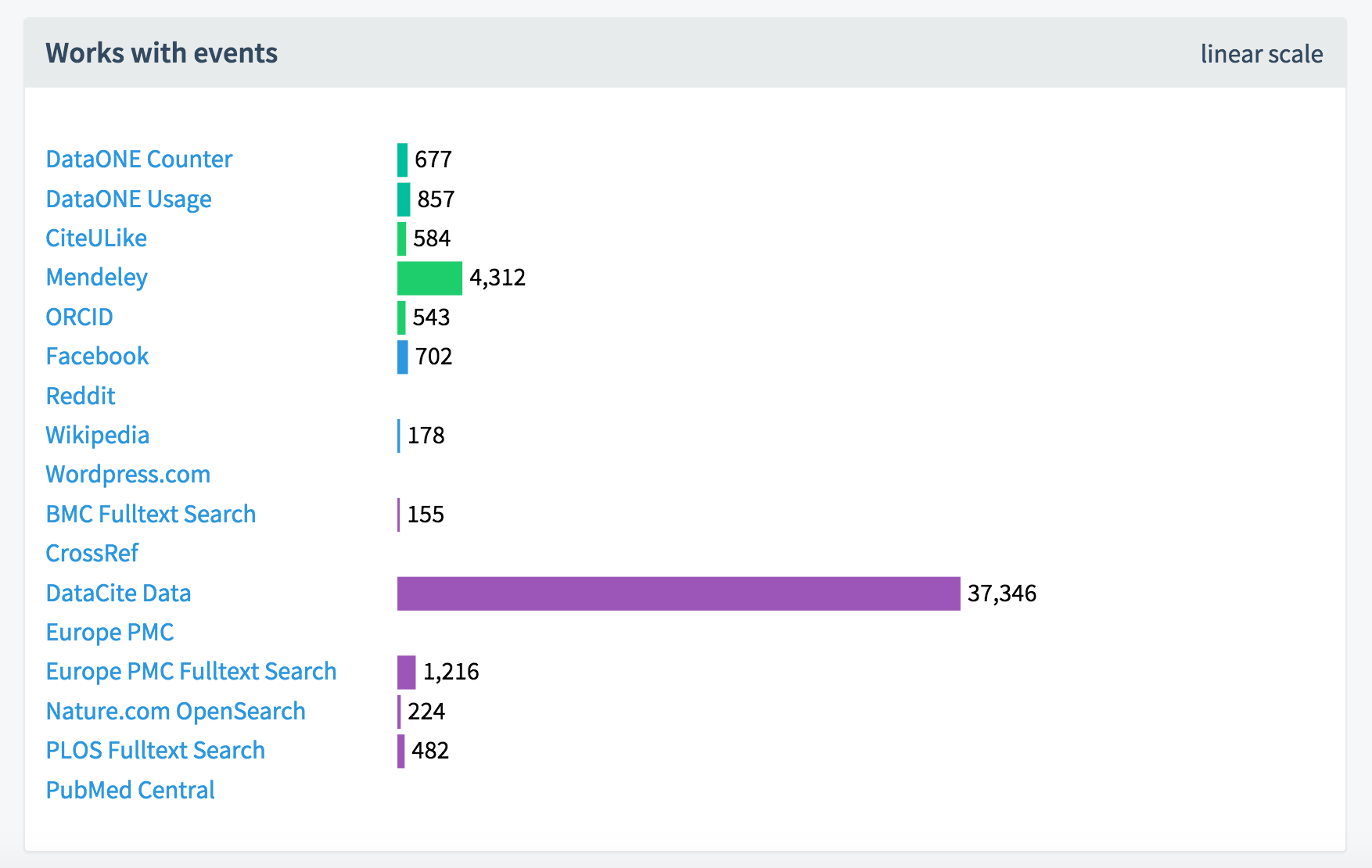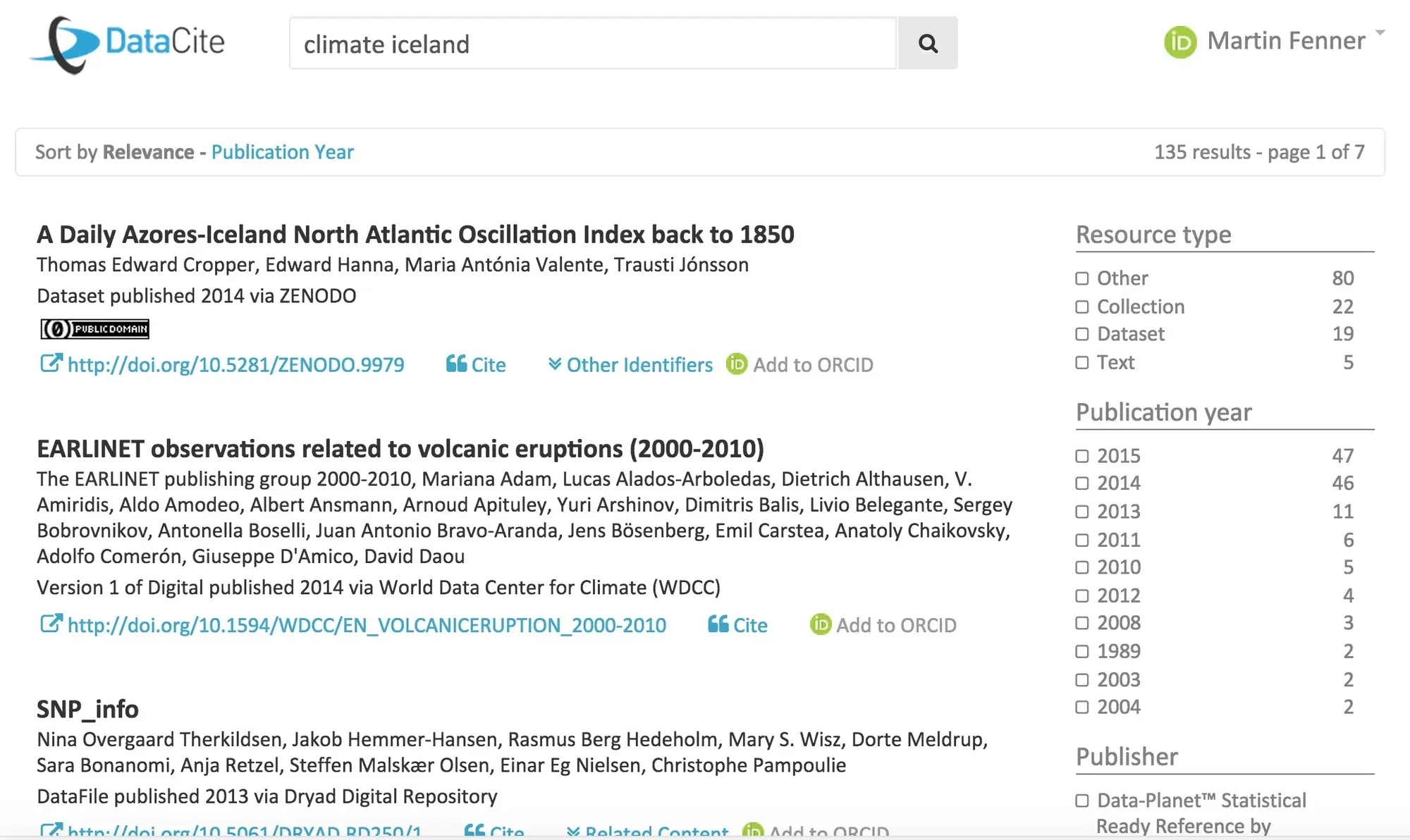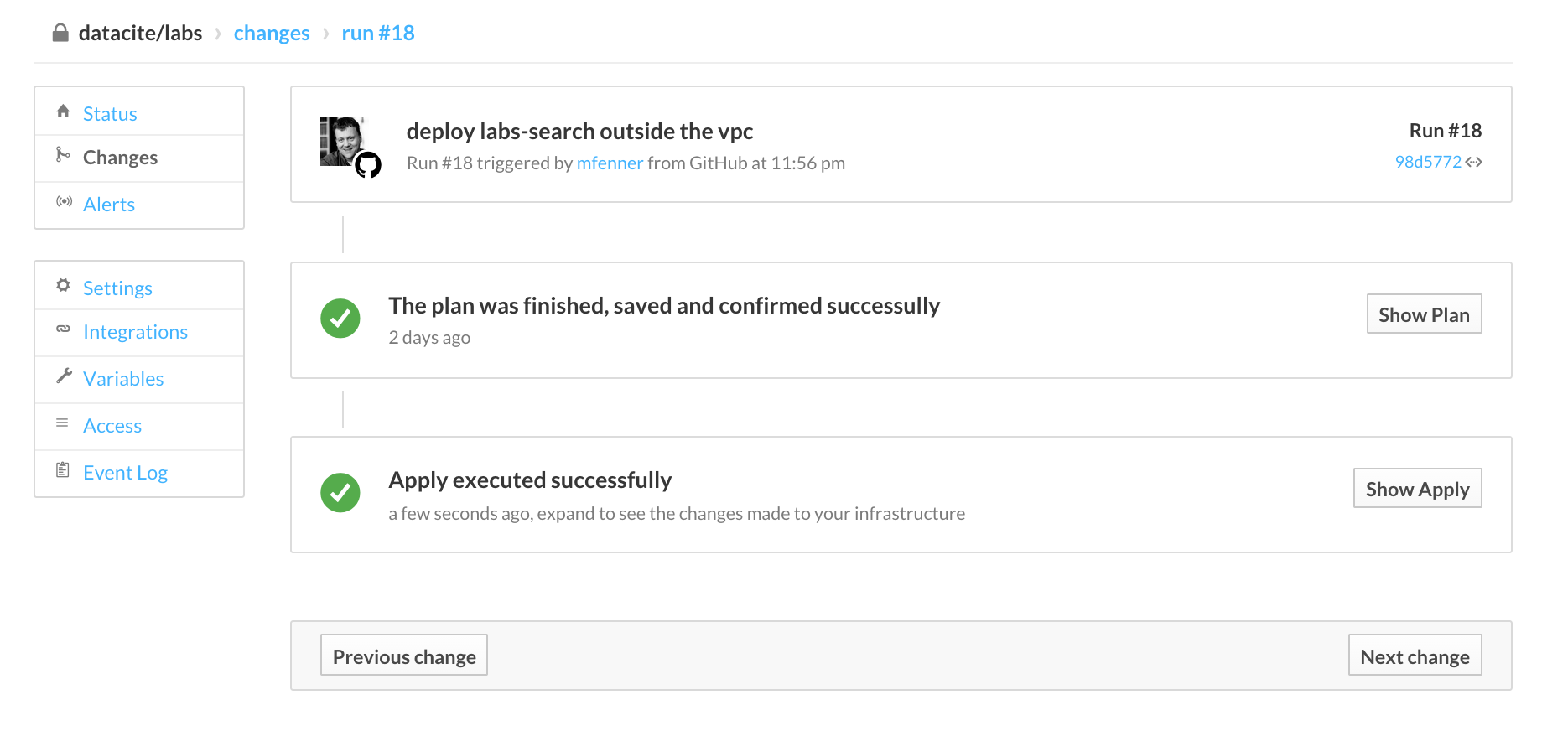
Yesterday DataCite and ePIC co-hosted the workshop Persistent Identifiers: Enabling Services for Data Intensive Research. Below is a short summary of the tweets, all using the hashtag #pid_paris. The last tweet shows the views from the reception. If you have any questions or comments about the event, use the hashtag #pid_paris on Twitter, or use the comments of this blog.







